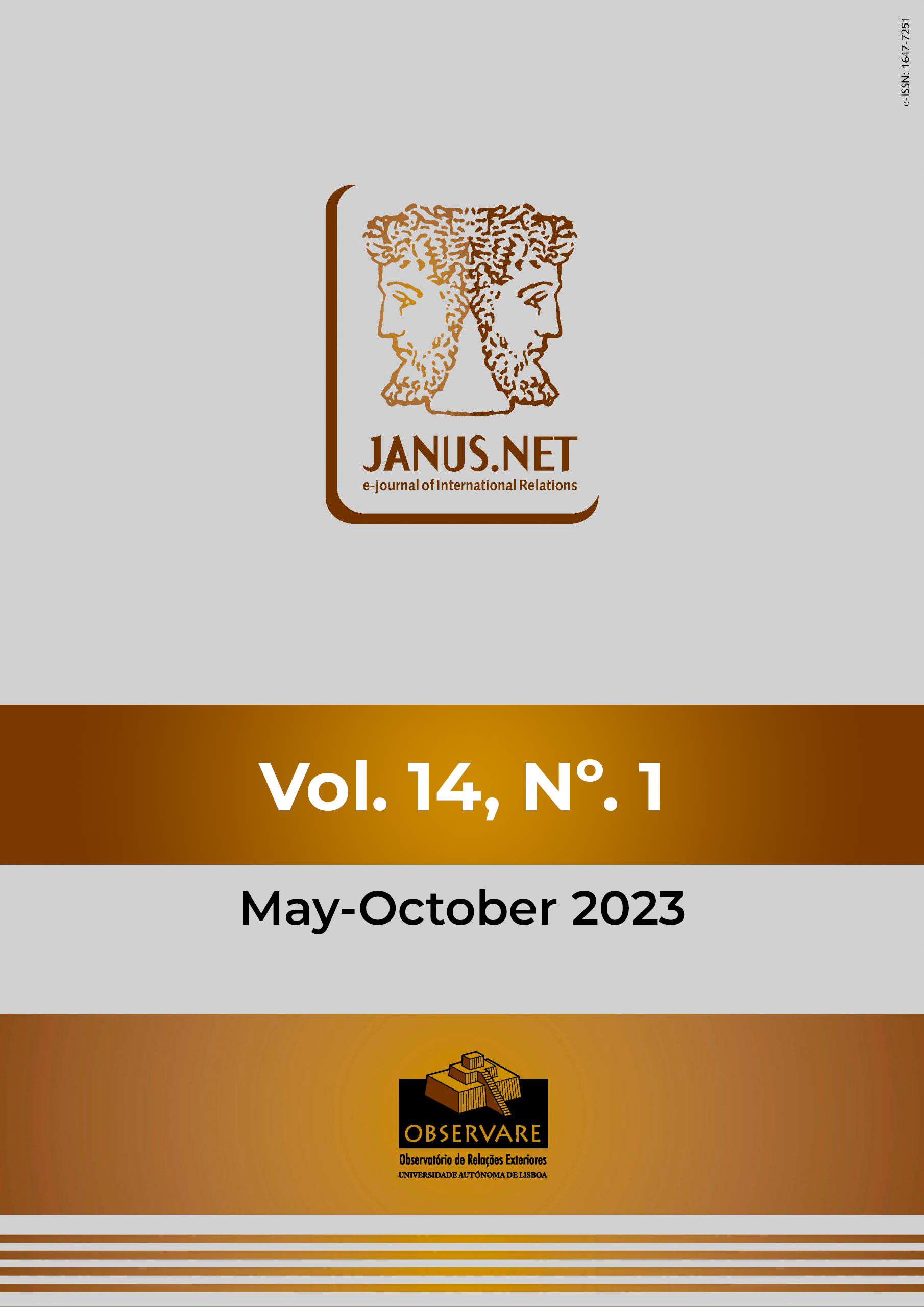Understanding the gap caused by civil-military activity and its effects on strategy is essential to the practice of strategy. Based on the analysis of cases of intrinsic value, the practice of strategy is assessed to show that the discrepancy between politics and military strategy results from the fact that war, as a policy-dependent variable, assumes unpredictable variations, meaning that strategy, as an intervening variable and as an activity resulting from civil-military relations, must be defined as a theory of success. The argument is based on three explanations for the existence of that gap: (1) the nature of war influences the nature and effectiveness of military strategy, because the actors involved in the process act in an environment of great unpredictability; (2) the stability and coherence of the relationship between politics and war, embodied in the practice of military strategy, makes it necessary to consider the purpose of strategy is success; (3) the effectiveness of civil-military relations is crucial to reducing the natural tensions between politics and military action. It is concluded that military strategy because of civil-military relations follows the dynamics of the complex relationship between politics and war.
O DESFASAMENTO ENTRE POLÍTICA E ESTRATÉGIA MILITAR: UMA ANÁLISE AO IRAQUE (2006-2007) E AFEGANISTÃO (2009)
https://doi.org/10.26619/1647-7251.14.1.6
LUÍS BARROSO
Abstract
Keywords
War, politics, military strategy, civil-military relations
Artigo publicado em 2023-05-30

